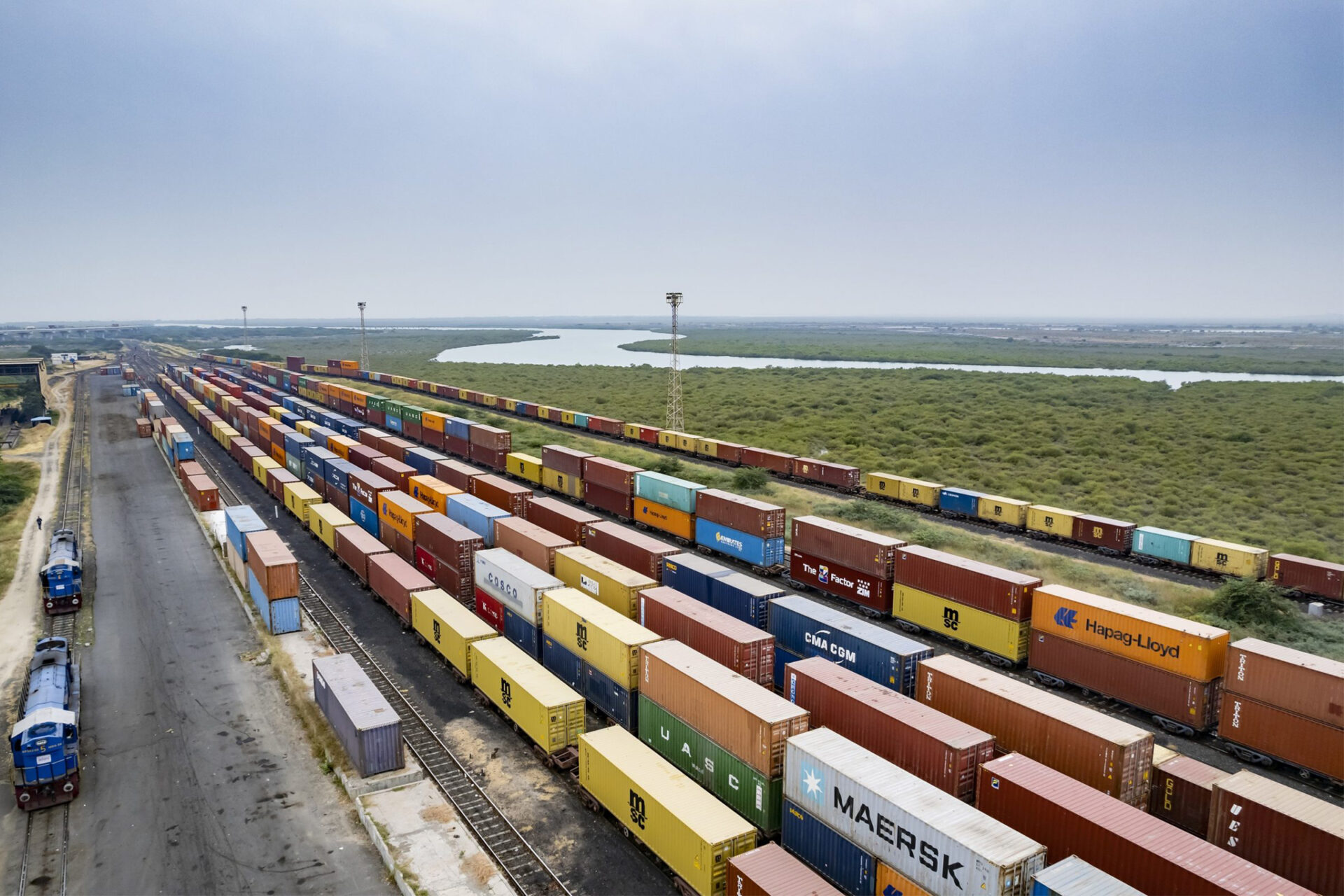The Western Dedicated Freight Corridor (WDFC) project, an ambitious infrastructure initiative aimed at transforming India’s freight logistics, is facing significant delays. Initially set to be completed by March 2025, officials now anticipate the project may not be operational until July 2025, primarily due to complications in construction and execution by Tata Projects.
Tata Projects was awarded the contract for the crucial 104-km stretch between Saphale and Jawaharlal Nehru Port (JNPT) in 2017. From the onset, this segment has encountered numerous obstacles, particularly with land acquisition. According to a senior official from the Dedicated Freight Corridor Corporation of India (DFCCIL), the land acquisition process was fraught with delays, exacerbating the already challenging construction timeline. Despite these hurdles, the decision to revoke Tata Projects’ contract in 2022 was ultimately reversed to prevent further setbacks.
“The last stretch was problematic from day one due to land acquisition issues. Tata Projects then faced execution challenges, slowing the project’s progress. We now project the WDFC to be fully operational no sooner than a year from now,” the official remarked. He also noted that this railway project was a first for the Tata group, which faced a steep learning curve. The delays have broader implications for freight traffic on the corridor. Currently, only 30 trains operate daily in each direction, significantly lower than the 80 trains (each way) running on the Eastern Dedicated Freight Corridor (EDFC). The final segment connecting to JNPT is particularly crucial, as it promises to integrate the WDFC with both the western and central rail networks. This integration is eagerly awaited by numerous companies considering a switch from road to rail for long-distance logistics, which offers more favourable economics.
Container traffic, constituting 70% of the corridor’s movement, includes export-import items such as tyres, hosiery, carpets, and wooden furniture. Imported coal, fertilisers, and food grains also form part of the traffic mix. Currently, around 17 container train operators and shipping lines dominate this route, all of whom are keenly awaiting the project’s completion. The DFCCIL official further highlighted the issues with soil quality along the JNPT stretch. “The soil stability is not ideal, posing significant challenges for the contractor. Thanks to the Maharashtra government’s intervention, we completed land acquisition last year, albeit after an extensive delay of 15-16 years,” he explained. Historically, the DFC project’s progress has been marred by delays in land acquisition and financing. Between 2007 and 2014, only 88% of the required land was acquired, with the remainder entangled in disputes and court cases. These protracted delays have cost the railways sector dearly, as logistics market share continues to slip away to the more agile road sector.
The WDFC’s delay underscores the complex interplay of infrastructure development, regulatory challenges, and executional hurdles. As India strives to modernise its logistics infrastructure, ensuring timely land acquisition and efficient project management remains paramount to avoid such setbacks in future mega-projects.



